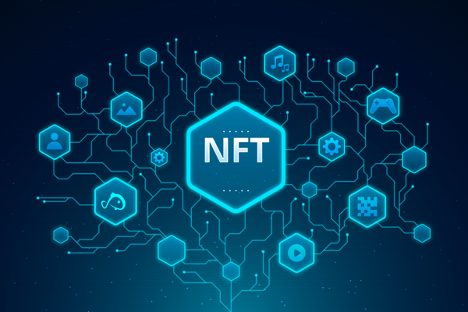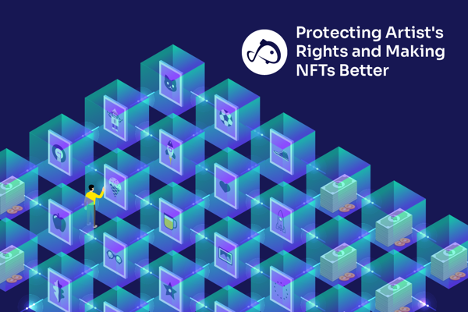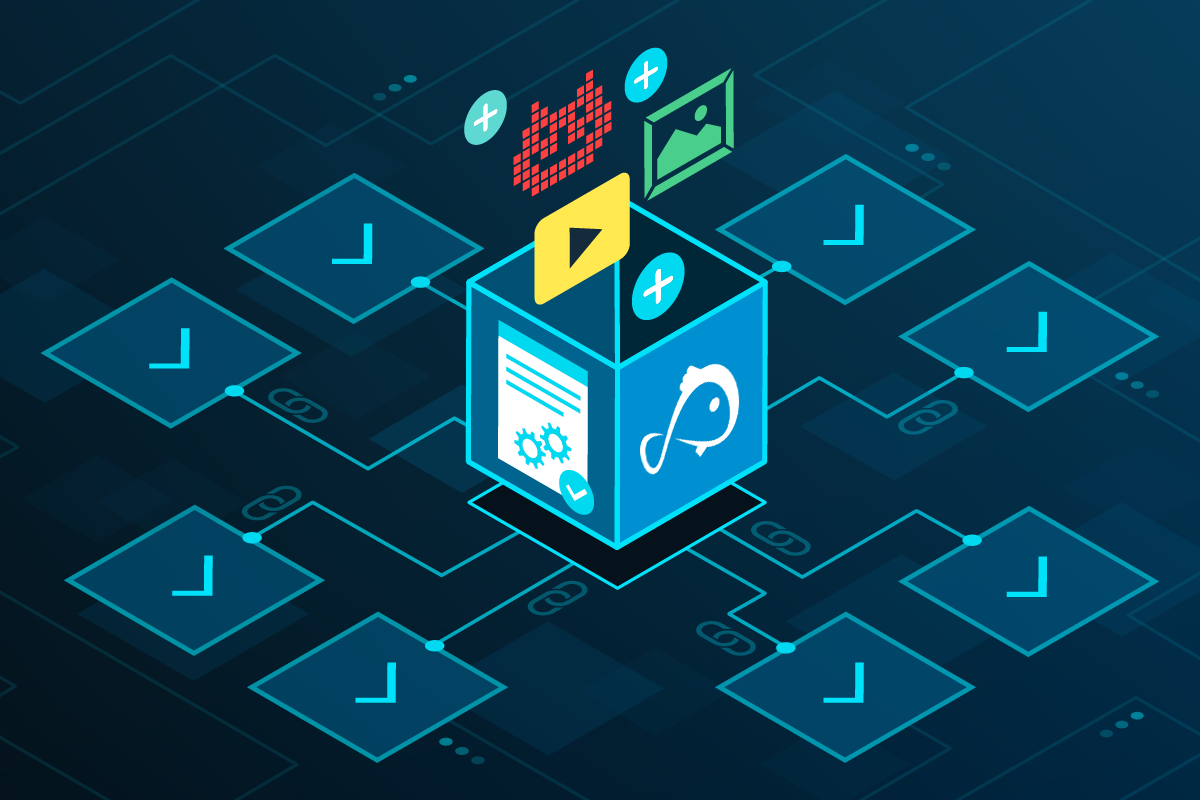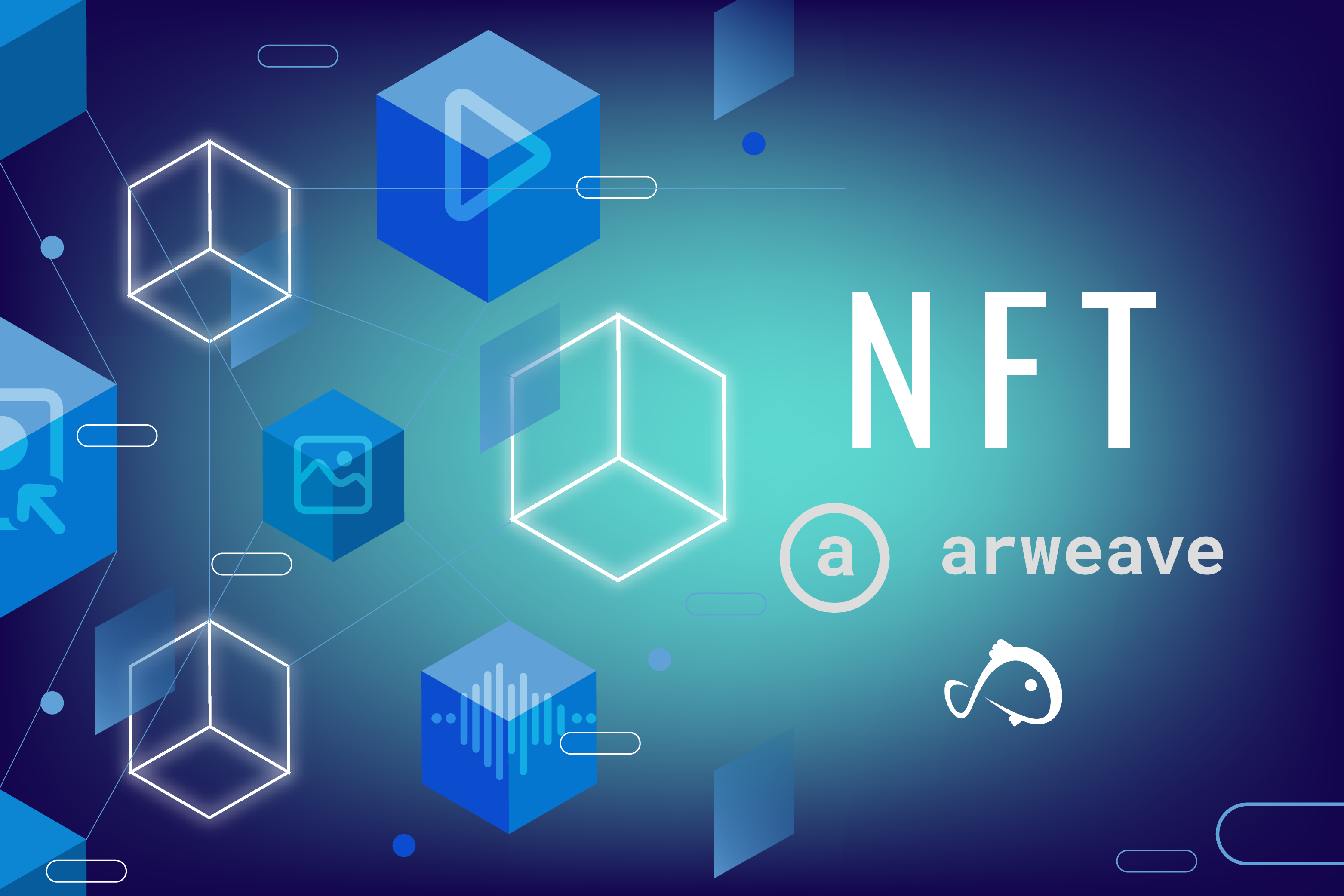Hey everyone - Colin here, getting some thoughts out and also providing a heads-up to the community about a dilemma that’s been on my mind since before I even joined Koii!
There are plenty of reasons artists are (and should be) skeptical of NFTs. Ethereum (“ETH”) transactions produce a disgusting amount of carbon emissions to mint and trade an ETH NFT. The term “Rug-Pulls” has been popularized because many NFTs don’t actually contain access to the media file itself, rather just a link (which, if the link breaks, your NFT is pulled out from under you). Bots like the now-suspended @tokenizedtweets allowed people to mint others’ words and art, despite not owning any of it.
Koii has solved most of these problems. Koii NFTs can be minted and transacted with a fraction of a percent of the energy of Ethereum NFTs. Our integration with Arweave means your NFT is permanently stored with the actual media file. This blog is about that third concern:
For artists, the simpler it is for people to mint NFTs, the higher the risk of someone minting work that doesn’t belong to them.

The answers we’ve discussed so far are a combination of reputation and opt-in blacklist systems. Essentially, we would have a reporting tool for intellectual property (“IP”) infringement, prompting a member of our team to assess the piece, measuring the registration date on Arweave against the claim of the reporter. If the reporter has a verifiable claim that pre-dates the minting, then the onus shifts to the original poster to prove they didn’t infringe. The wallet holder of the infringing piece gets a reputation penalty, and the piece itself gets added to a blacklist of potentially infringing works.
This means a few things. Reputation scores can be used for scaling punishments, meaning a one-time mistake won’t hurt too much, but bad behaviour will reduce your attention and/or staking rewards. It also allows moderation without censorship or erasure of the offense. Viewers can opt-out of viewing any content that appears on a blacklist, but we don’t erase the content. This way we can always go back and repair the situation if we get it wrong, and the protocol empowers the community to build and deploy tools for accountability as it sees fit.
Ideally, much of this could happen in a decentralized way— perhaps a random jury of community members would be responsible for adjudicating reports. Integration of intellectual property protections at the smart contract level is also something that intrigues me. Up front, we are willing to put in the manual work required to build trust with creators, but long-term, it’s better for everyone to have community-based accountability.
If you’re reading this you’re with us on the ground floor of the Koii project, which means the culture you create will shape the community we’re building here forever.
We believe protecting artists’ ownership of their own work is crucial. We’re asking all of you to help keep creators in the forefront of Koii’s mission by creating a culture of ownership, only uploading content you create or have purchased, not something lifted from google.
If you have feedback on this topic, we’re eager to hear it— share your thoughts directly in our Discord!

 Finnie: The Browser Extension Tutorial
Finnie: The Browser Extension Tutorial